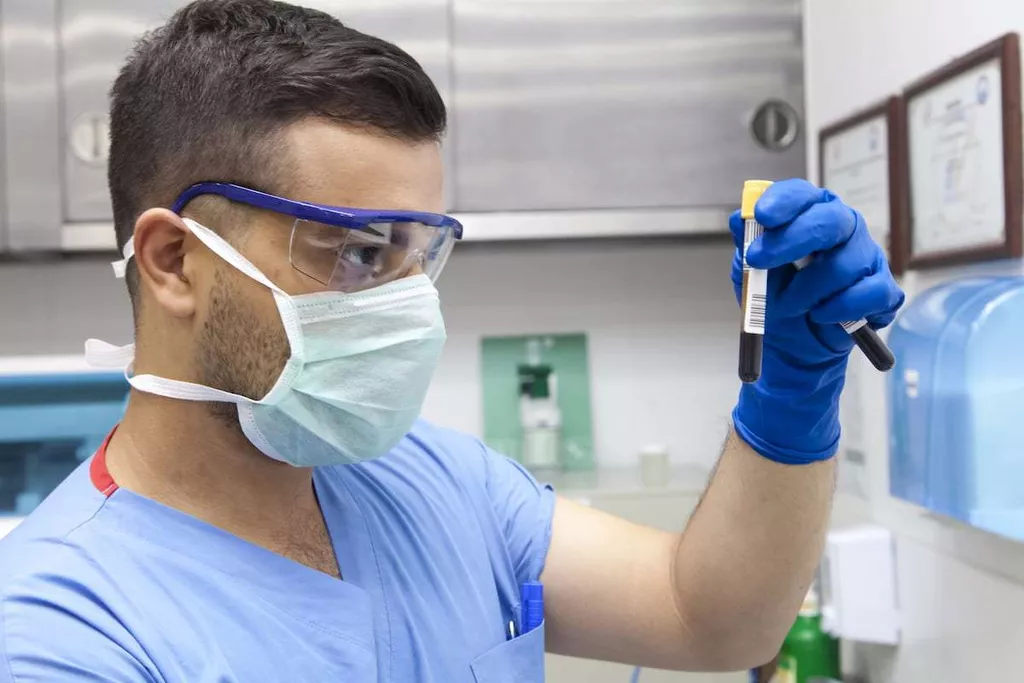
This specific disorder arises from an issue with the enzyme responsible for metabolizing alcohol (ALDH2). When people with alcohol intolerance consume even small amounts of alcohol (ethanol), they experience adverse reactions. Very rarely, a person may have a “true” alcohol allergy, meaning they are allergic to the ethanol in alcohol. In people with true alcohol allergy, as little as 1 milliliter (mL) of pure alcohol can trigger an allergic reaction.
Rediscover Life at The Grove Estate

Or perhaps you’ve developed allergy-like reactions to alcohol, such as hives or difficulty breathing. Alcohol intolerance can cause immediate, unpleasant reactions after you drink alcohol. The most common signs and symptoms of alcohol intolerance are stuffy nose and skin flushing.
What Is Alcohol Use Disorder? Symptoms, Causes, Diagnosis, Treatment, and Prevention
While both alcohol intolerance and a hangover can cause nausea, vomiting, headache, flushing, and rapid heartbeat, alcohol intolerance typically occurs very suddenly after just one or two drinks. A hangover, on the other hand, usually develops several hours after drinking and is more likely to occur after a night of heavy drinking. Learn about sudden onset alcohol intolerance and allergy-like reactions to alcohol, including causes, symptoms, and management techniques. For those with genetically-caused alcohol intolerance, the most straightforward approach is to avoid alcohol altogether, preventing the onset of symptoms. alcohol intolerance symptoms Because acetaldehyde is toxic and carcinogenic (causing cancer), avoiding alcohol altogether is the only option that medical professionals will recommend.
How is Alcohol Intolerance Different from an Alcohol Allergy?
It’s also important to educate yourself about hidden sources of alcohol in food and medicine. It’s drug addiction essential to recognize that genetic factors are just one component of the complex interplay leading to alcohol intolerance. Environmental influences, medical history, and other individual characteristics also contribute. A consistent theme across various sources is the genetic polymorphism of the ALDH2 enzyme, which underlies the body’s reaction to alcohol consumption. The nickname “Asian glow” comes from the prevalence of alcohol intolerance among East Asians.
- If someone requires support with their alcohol use, they can speak with a doctor to discuss the recommended guidelines for alcohol intake.
- The symptoms of alcohol intolerance are unpleasant but rarely dangerous and will eventually go away on their own.
- This includes drinking slowly and moderating your consumption of alcohol.
- Currently, there is no cure for alcohol intolerance, but understanding and managing the condition can significantly reduce its impact.
ADH Enzyme Variants
- Questions may focus on your drinking habits, symptoms experienced after drinking alcohol, and whether family members have similar reactions.
- The primary treatment for alcohol intolerance is avoidance of alcohol, as there is currently no cure.
- Contact us today to learn how we can help you overcome alcohol addiction for good.
- Some people may develop alcohol intolerance later in life as their body’s response to alcohol changes.
- On the other hand, alcohol intolerance symptoms, although uncomfortable, are generally less severe and more manageable.
However, the best treatment is to avoid consuming alcohol, as it’s the underlying cause. A genetic predisposition to allergies can also lead to an alcohol allergy rash. Some people genetically inherit a heightened sensitivity to certain substances, including alcohol. This sensitivity can cause the immune system to overreact when alcohol is consumed, resulting in an allergic reaction and the appearance of a rash.
Suffering from Alcoholic Intolerance?

On the other hand, it would be best for people with alcohol intolerance to stay away from alcohol completely, as this is the only way to avoid symptoms and side effects. Reasons for low tolerance can include lower body weight, genetics, overall health, and the body not being used to metabolizing alcohol. This deficiency affects 8% of the world’s population, but is much more common in people of East Asian descent (at 35-40% of the Asian population).
But if you experience odd reactions to alcohol after just a drink or two, your body may be intolerant. If you and alcohol don’t mix well, consider whether you’ve experienced the following alcohol intolerance symptoms. No, alcohol intolerance cannot be cured, especially when genetic factors like ALDH2 enzyme deficiency cause it. However, if an underlying condition triggers your intolerance, treating that condition might improve your alcohol tolerance.
- With an allergy, the body’s immune system fights the substance, as it perceives it as a threat.
- The Recovery Village Columbus offers comprehensive addiction treatment for drug and alcohol addictions and co-occurring mental health conditions.
- In addition to these symptoms, a hangover may also cause fatigue, sensitivity to light and sound, muscle aches, and dehydration.
If you https://ecosoberhouse.com/ suspect you have either or both conditions, it is recommended to seek medical evaluation and diagnosis from a healthcare professional. Diagnosing alcohol intolerance primarily involves a consultation with your healthcare provider, who will inquire about any adverse reactions you experience following alcohol consumption. This discussion is crucial for determining whether your symptoms align with those of alcohol intolerance. These symptoms are often mistaken for a simple allergic reaction; however, they are indicative of the body’s inability to metabolize alcohol effectively.

Avoiding Cross-Reacting Foods:
During the test, vital signs, symptoms, and any physical changes are closely monitored. One of the primary causes of alcohol intolerance is the deficiency or reduced activity of the enzyme aldehyde dehydrogenase (ALDH). For those who do not wish to abstain, limiting intake and choosing alcoholic beverages that are lower in congeners and chemicals that might trigger reactions could help manage the condition. At the first signs and symptoms of a severe allergic reaction, it’s essential to use epinephrine and go to the nearest emergency department for immediate follow-up care. Medications called antihistamines can help treat symptoms of a mild allergic reaction. The medication epinephrine, commonly called an EpiPen, can help treat a severe allergic reaction.
